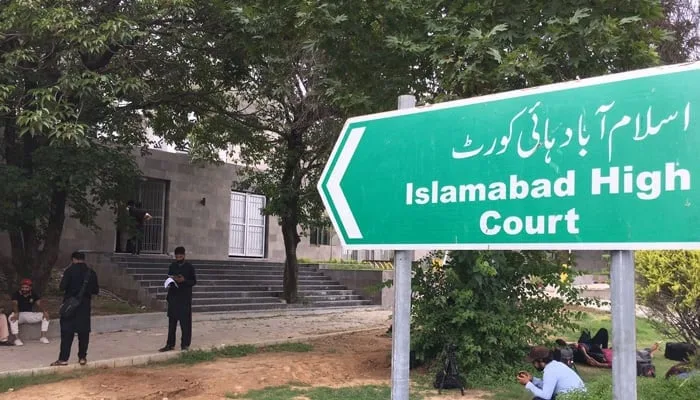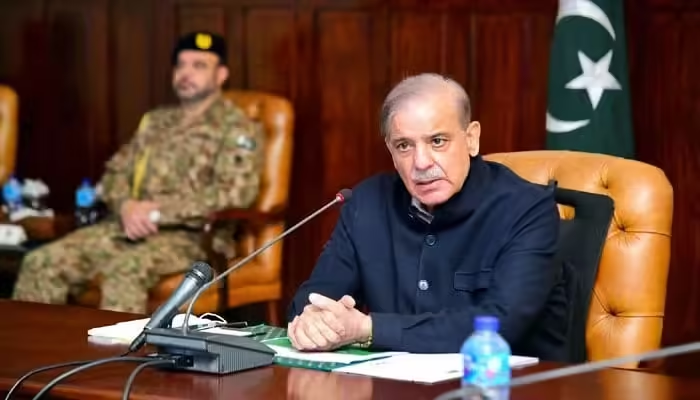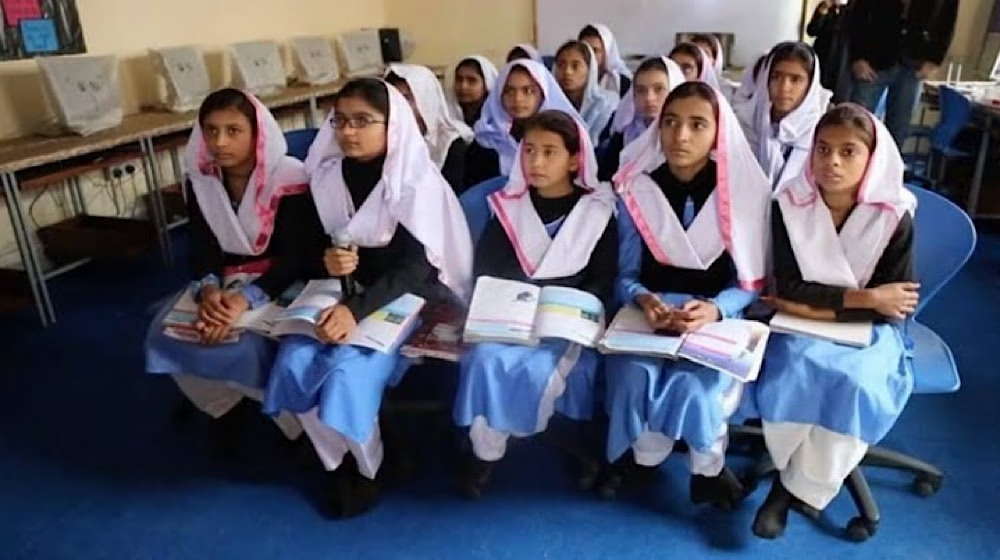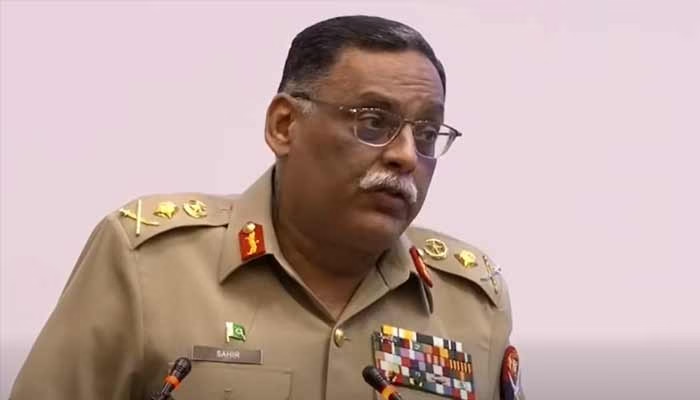The Islamabad High Court has temporarily halted the proceedings of a newly established election tribunal until the next hearing. This decision came from Chief Justice Amir Farooq, who presided over the petitions challenging the Election Act Amendment Ordinance. Both the petitioners and the lawyers representing the Election Commission were present during the hearing.
Court Proceedings and Key Arguments
During the hearing, Chief Justice Amir Farooq expressed significant frustration with the Election Commission’s lawyer regarding the decision to alter the election tribunals. The Chief Justice questioned the rationale behind the Election Commission’s actions, which led to a heated exchange in the courtroom.
Chief Justice Farooq inquired about the grounds on which the Election Commission decided to change the tribunals. In response, the counsel for the Election Commission stated that the previous tribunals had not adhered to the proper procedures, necessitating their replacement. This explanation did not satisfy the Chief Justice, who criticized the Commission’s decision, stating that it could not be upheld without proper justification.
Concerns of Bias and Legal Procedures
Justice Amir Farooq raised concerns about setting a new precedent for transferring tribunals without solid evidence of bias. He emphasized that if there was any bias, it should be explicitly stated; otherwise, the decision to change the tribunals was unfounded and could lead to contempt of court proceedings. The Chief Justice underscored that transferring a case due to bias must follow a specific protocol, which includes requesting the concerned judge to recuse themselves from the case.
Questions About the Election Act Amendment Ordinance
The hearing also touched upon the broader issue of the Election Act Amendment Ordinance. Chief Justice Farooq questioned the government’s rationale for reintroducing an amendment that was completed years ago through an ordinance. He asked if there was an urgent necessity for the ordinance to be enacted overnight. The Chief Justice suggested that the proper legal route would have been to challenge the existing order rather than transferring the matter to a new tribunal.
Specific Case and Tribunal Formation
The case under scrutiny involved the transfer of the three MNAs of Islamabad to a new tribunal, which had sparked controversy and led to the current legal proceedings. Advocate Shoaib Shaheen, representing one of the petitioners, indicated his intention to challenge the Election Commission’s decision. He also noted that media reports mentioned the appointment of retired judge Justice Shakur Pracha as the new tribunal judge, calling for the issuance of an official order.
During the hearing, the court questioned the Election Commission’s lawyer about the notification of the tribunal’s formation. The lawyer admitted that he had not yet received the notice sent on June 7 but would obtain the details and present them to the court. Chief Justice Farooq expressed his dismay at the situation, questioning how the information about the tribunal’s formation had reached the media without the official notification being available to the legal counsel.
Interim Order and Next Steps
After considering the arguments from all parties, Chief Justice Amir Farooq issued an interim order staying the proceedings of the newly formed election tribunal. This pause is intended to allow for a thorough review of the legal and procedural aspects of the Election Commission’s decision. The court’s intervention aims to ensure that any changes to the election tribunals are conducted in a transparent and legally sound manner.
PTI candidate Ali Bukhari commented that the court’s decision effectively reverted the situation to its status on February 8, highlighting the ongoing legal and political complexities surrounding the case.
The Islamabad High Court’s decision to stay the new election tribunal proceedings underscores the importance of adherence to legal protocols and the need for transparency in electoral processes. As the court prepares for the next hearing, the focus will remain on the justifications provided by the Election Commission and the legal framework governing such changes. The outcome of this case will likely have significant implications for future election-related disputes and the integrity of the judicial process in Pakistan.



